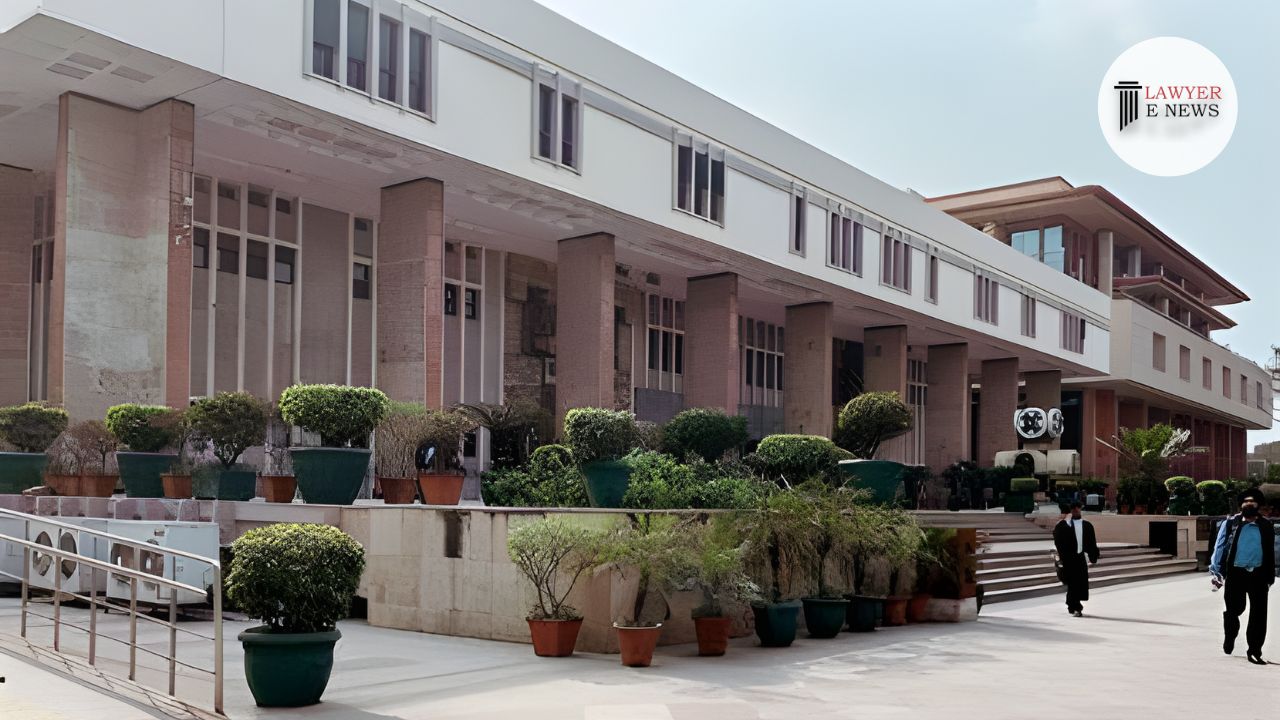-
by Admin
15 February 2026 2:36 AM



In a significant ruling, the Delhi High Court, presided over by Justice Swarana Kanta Sharma, delivered a landmark judgment that underscores the importance of a fair trial and protection against the abuse of legal processes. The judgment, issued on July 21, 2023, sets a precedent for the cautious exercise of judicial powers and the scrutiny of material before ordering the registration of First Information Reports (FIRs).
The court addressed the concept of "Abuse of Process of Law," highlighting its grave consequences when legal proceedings are misused to achieve ulterior motives or unjustly harass an individual or entity. Justice Sharma asserted, “An abuse of process of law will be when it is opined that the continuation or initiation of criminal prosecution will be unfair and unjust on the part of the complainant or prosecution.” The judgment emphasized that the principle of a fair trial extends to being just and fair to both the prosecution and the accused.
The crux of the ruling revolved around the sufficiency or insufficiency of incriminating material in complaints filed under Section 156(3) of the Code of Criminal Procedure, 1973. Justice Sharma made it clear that there is a crucial difference between inadequacy and absence of material. The court pointed out that directing the registration of FIRs without any material on record would amount to an “improper use of criminal legal process.” Justice Sharma further emphasized the duty of the Magistrates to carefully scrutinize complaints to ensure they disclose sufficient material supporting the allegations.
“The recognized purpose of criminal adjudicatory process is that an accused or a proposed accused, if essentially connected to incriminating evidence in a complaint, should be brought within the ambit of law.” However, the court stressed that an unmeritorious complaint containing no incriminating material against an accused should not lead to the registration of FIRs, as such proceedings would constitute an “abuse of the legal process.”
The judgment also highlighted the need to balance the Interests of the complainant with the potential reputational injury to the unheard proposed accused. Justice Sharma emphasized that while Magistrates have extensive powers to order police investigations under Section 156(3) Cr.P.C., such powers should be exercised with caution and after due application of judicial mind.
The court observed that communal harmony Is vital for a civilized society and that there should be no place for hatred or communal disharmony. However, the judgment also recognized the importance of protecting individuals from malicious prosecution and ensuring that FIRs are not registered without sufficient material.
Delhi High Court invoked its inherent power under Section 482 of Cr.P.C. to quash the order directing the registration of FIRs against the petitioner in the present case. The court firmly held that continuation of criminal proceedings in the absence of any incriminating material or allegations would lead to an abuse of process of law and miscarriage of justice.
This landmark judgment by Justice Swarana Kanta Sharma sets a significant precedent for the judiciary to exercise its powers cautiously, protect the rights of the accused, and ensure that the legal process is not misused for unjust ends. The judgment has been widely lauded by legal experts for upholding the principles of a fair trial and safeguarding the fundamental rights enshrined in the Constitution.
Date of Decision: July 21, 2023
ALOK KUMAR vs Hauz Qazi
